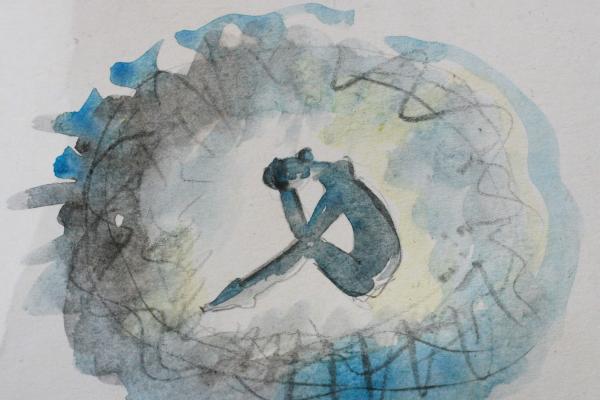Jun 10, 2021
A recent report by Stop AAPI Hate, Brigham and Women’s Hospital, and the Asian American Psychological Association found that Asian Americans who have experienced racism are more stressed by anti-Asian hate than the pandemic. Further, it found that 1 in 5 Asian Americans who have experienced racism show signs of racial trauma.
Read the Full Article

Already a subscriber? Login
